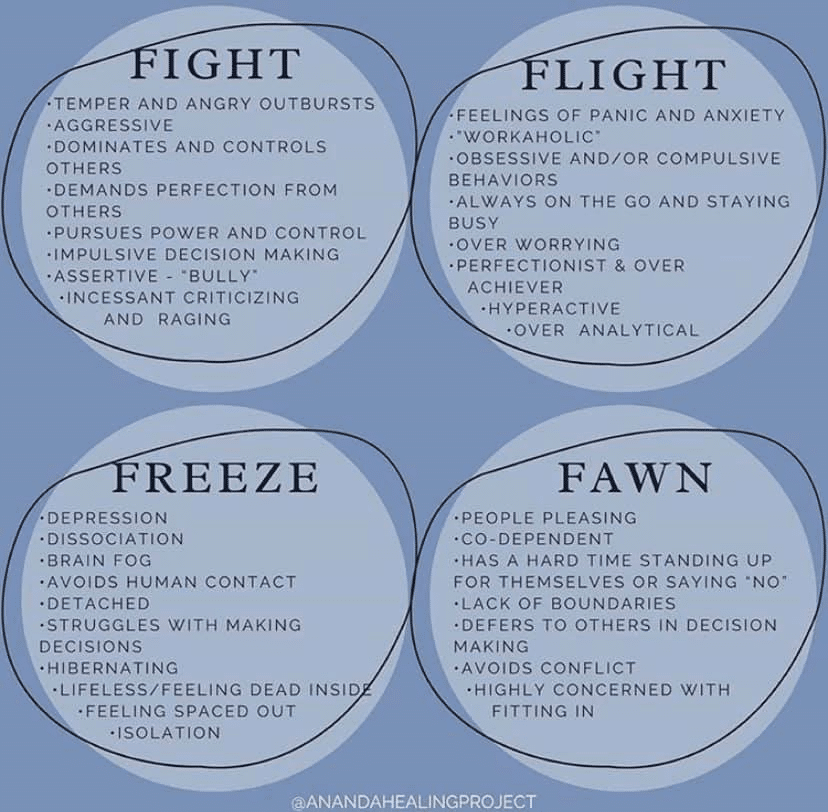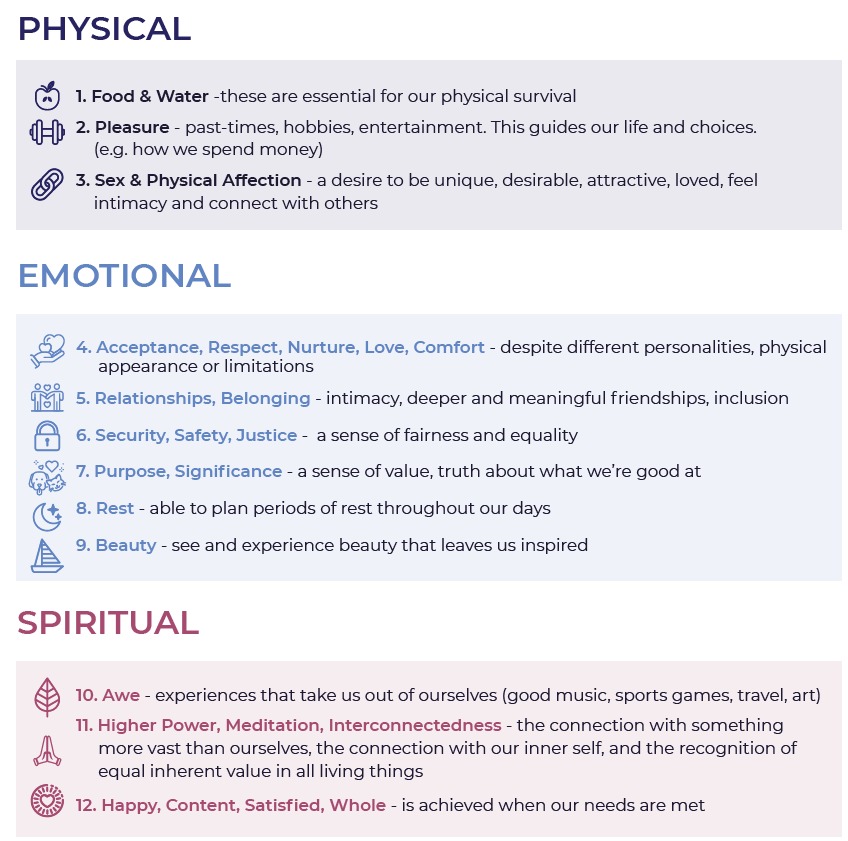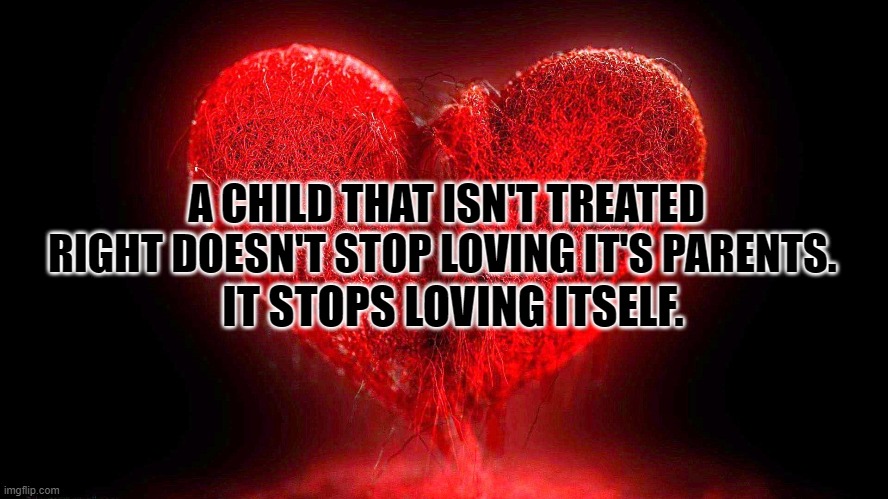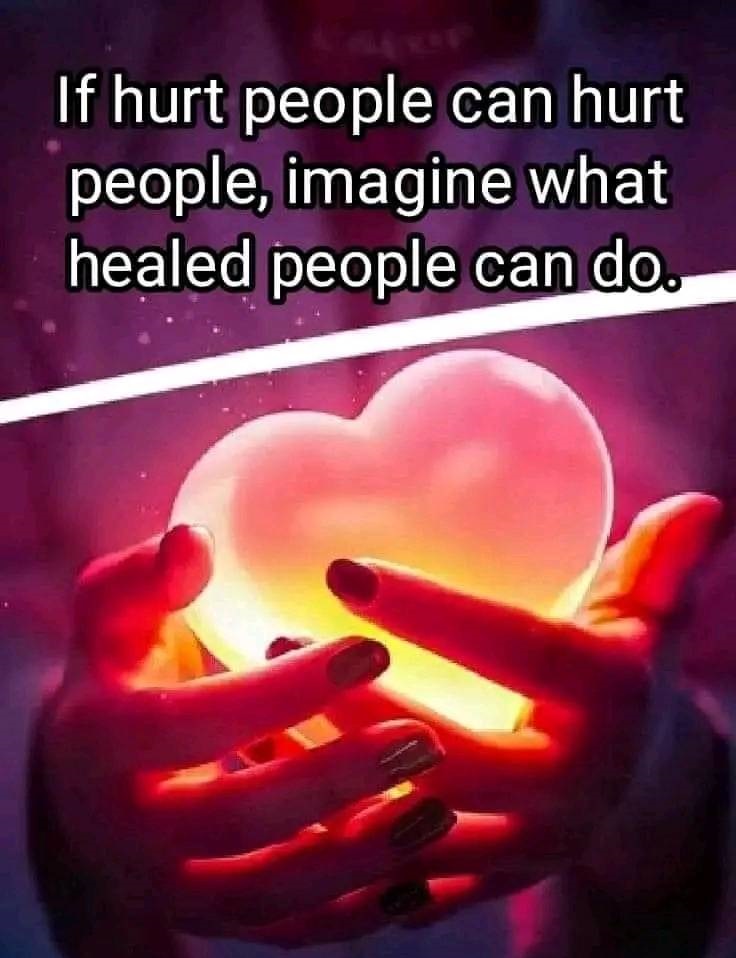Tim Fletcher is an expert in complex trauma and the basic needs that have to be fulfilled for humans to feel safe, happy and connected to themselves and other people.
He defines complex trauma as the response to an ongoing environment of danger where a person doesn’t feel safe. This chronic lack of physical and/or emotional safety triggers a constant stress response—such as fight, flight, freeze or fawn.
This chronic unsafety impacts a persons development, how they come to view themselves and how they learn to interact with others. This can lead to maladaptive patterns both towards oneself and towards how one forms relationships with other people.
Fletcher emphasizes that complex trauma is not about a single traumatic event, but rather about living in a situation where one cannot fully relax because a part of them must always remain alert and on guard. He describes this as the “simplest definition” of complex trauma: the inability to fully relax due to persistent feelings of threat or insecurity.
“Our brains are wired for connection, but trauma rewires them for protection.
That’s why healthy relationships are difficult for wounded people.”
On his website he has some methods where people can check if they might have complex trauma. Have a look here for 3 types of self evaluation. Or have a look at the 87 Characteristics of Complex Trauma and see how many apply to you.
Here he explains trauma in this interesting lecture series.
A long term vision on healing complex trauma is learning about the 12 basic needs that all humans have to feel safe and happy. When we learn what these needs are and how we can provide them for ourselves and/or learn to ask others to help fulfill them for us we can outgrow the missing aspects in our youth or in our current life situation and can create a healthier everyday live.
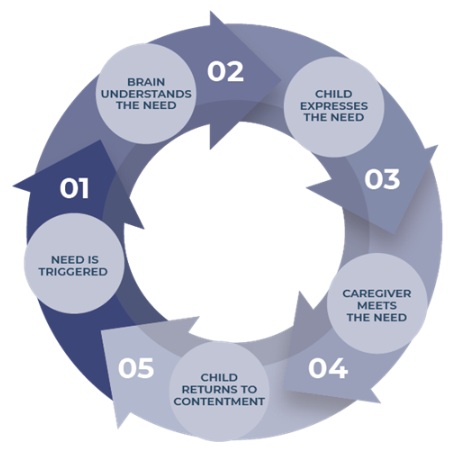
Complex trauma often comes from our basic needs not being met over a longer period of time. If we never learned and don’t know what our basic needs are then we don’t know how to meet our needs and we can stay stuck in a trauma loop. When we learn what we need and then learn how to give it to ourselves or ask others to give it to us we can get out of the trauma loop and lead safer, happier and more connected lives.
If we can get our basic needs met over a longer period of time in a healthy way complex trauma will impact us less and there is less need for addictions also which are there to meet our needs in an unhealthy way. You can do a test how well your 12 different needs are met here: 12needs.com.
And if people really want to dive deep have a look at his online course on 12 needs.
In addition Tim Fletcher has made a great series on the most difficult emotion related to trauma: shame. Tim Fletcher describes shame not as a simple emotion, but as a core belief about oneself—a deeply ingrained sense of being unworthy, unlovable, or fundamentally flawed.
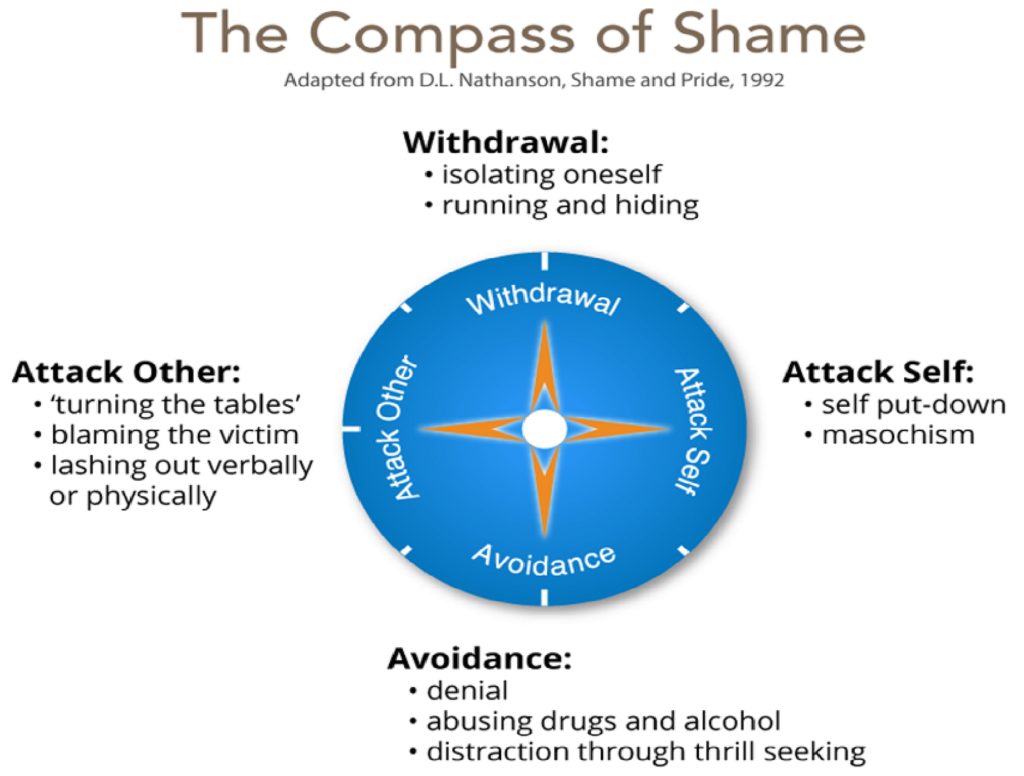
Shame is great at making us find solutions that look like they solve shame on the short term but actually only make shame worse on the long term. Shame becomes a labyrinth in which many people get lost.
This negative self-view is a direct result of complex trauma, and Fletcher asserts that 100% of people with complex trauma experience some degree of shame—the greater the trauma, the greater the shame. In his series he addresses how people can work through shame.
“Shame needs three things to grow: secrecy, silence, and judgment.
Healing needs three things: empathy, compassion, and connection.”
And finally Tim has a look at what it takes to heal Complex Trauma, how to transform it, how to integrate it, how to transcend it.
All in all Tim Fletcher his work is a gift to the world. He explains trauma and how to transform it so well. Many people can start understanding themselves and healing their complex trauma with this information.
And the more trauma we process the more inner peace we can find. Both on an individual and on a collective level.
Information and links:
-) 87 Characteristics of Complex Trauma
-) Test to see to what degree your 12 needs are met or unmet: 12needs.com
-) PDF of the 12 basic needs and 68 sub-needs
Related articles:
-) Have a look at our free Arcturian Academy
-) The Transformation of Trauma with Bessel van der Kolk and Gabor Maté
-) Tension and Trauma Release Technique (TRE) – Body Shaking to Release Stress
-) Breathwork – Breath yourself to Inner Peace
-) Becoming Whole: Healing the Wounded & Protective Parts of Ourselves
-) Inner Child work with The Completion Process
-) Connect to your Feelings and Needs and learn how to Set Healthy Boundaries
-) Emotional Freedom Technique – Energy Tapping

